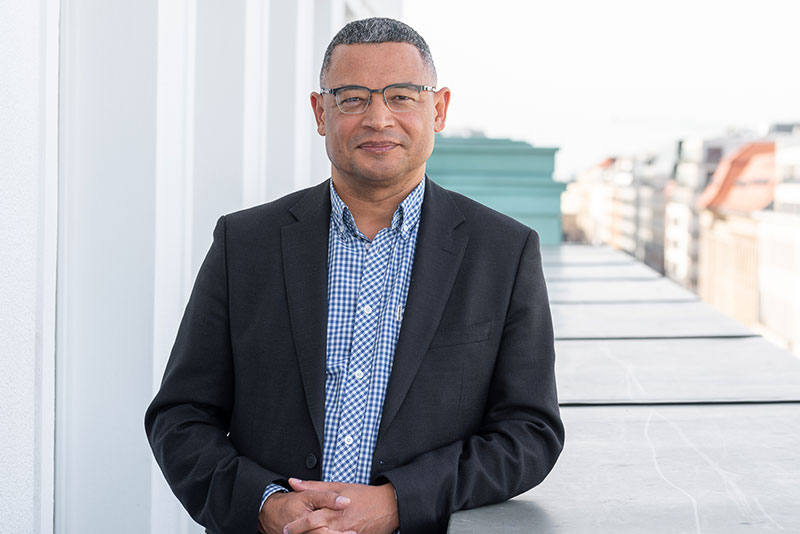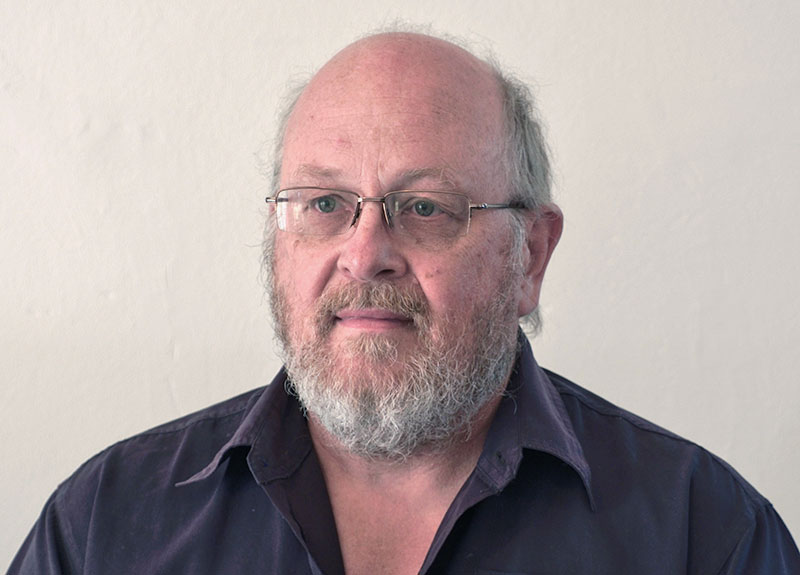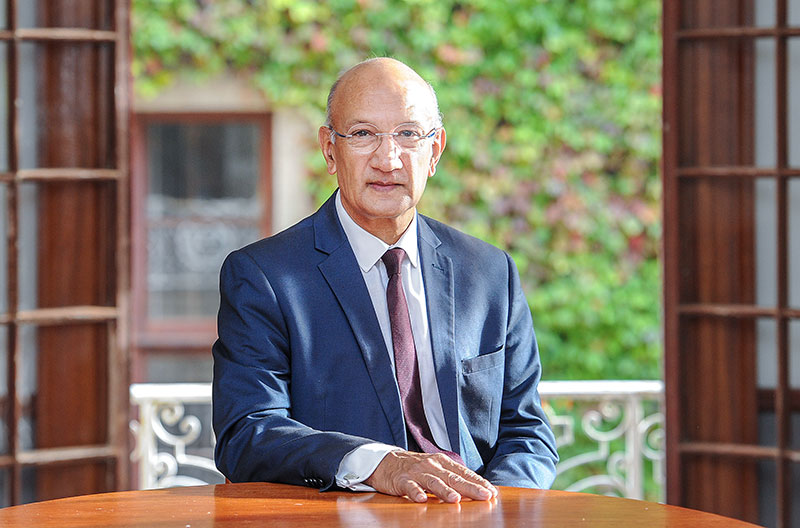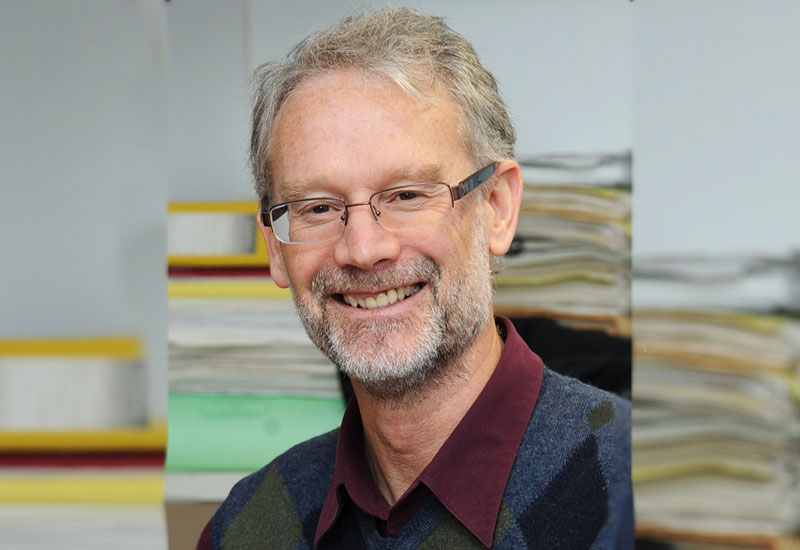University of Cape Town: Leading the Way in Shaping African Science and Society
Building on the University of Cape Town’s (UCT) commitment to research for impact, these South African Research Chairs Initiative (SARChI) chairs have developed an ecosystem of African talent and capacity that reveals the impacts of urban development, climate information, economics data, and health technology on science and society. This work falls under the theme “Advancing Africa” – one of the five research focal areas set to contribute to UCT’s Vision 2030.
Designed to nurture new and established research leadership capacity in South African universities, the SARChI programme was created and funded by the Department of Science and Technology (DST) and the National Research Foundation (NRF).
Over 15 years, these researchers have built an ongoing legacy that contributes to the university’s exceptional research endeavour and supports the next generation of academic and industry leaders.
Sustainable urban development

Africa’s cities are the most rapidly growing in the world. Understanding the critical role of sustainable urbanism for the trajectory of that growth is the focus of research by Professor Edgar Pieterse.
Holding the SARChI Chair in Urban Policy, Professor Pieterse is the founding director of the African Centre for Cities (ACC) at UCT. His work has examined urbanisation patterns across Africa and the Global South. Illustrating the region’s distinct processes, he has shed light on the unique policy responses required.
“Almost all public entities at continental and national level are proactively improving their empirical understanding of urbanisation as a multi-dimensional phenomenon that will only grow in importance,” said Pieterse. “The advocacy work of the chair has contributed to this shift.”
“It underscored that effective public policy research on urbanisation could only be done when expert knowledge, tacit knowledge, and practitioner knowledges were brought together to address pressing and complex urban challenges.”
A large part of the success of the ACC is its interdisciplinary approach. While based in the Faculty of Engineering & the Built Environment, Pieterse’s work looks at everyday urbanism, or the way cities are being built, through the dual lenses of humanities and social sciences. According to Pieterse, the humanities perspective brings nuance and depth to this view of emergent cultures of African cities. It also reveals massive untapped veins of research and reflection.
“It underscored that effective public policy research on urbanisation could only be done when expert knowledge, tacit knowledge and practitioner knowledges were brought together to address pressing and complex urban challenges,” he said.
A series of publications he produced with colleagues demonstrated the need for this interdisciplinary approach, including the African Cities Reader, co-edited with Cameroonian writer Ntone Edjabe and the book New Urban Worlds, co-authored with urbanist AbdouMaliq Simone. This fed into a major intervention in the wider field of urban studies rooted in the knowledge and practices that emanate from the Global South.
Overall, Pieterse’s role as SARChI chair has contributed to South Africa’s national urbanisation strategies and those by the African Development Bank and the global Advisory Board of United Cities of Local Government.
Responding to a changing climate

The impact of local knowledge on African and global policy is evident in Professor Bruce Hewitson’s climate change research.
As SARChI Chair in Climate Change, Professor Hewitson has contributed to pushing the frontier of information for society and the development of actionable information for policy makers in response to a changing climate.
Focusing on climate modelling, variability, change and regional projections, his work spans both physical and social sciences and involves new approaches to stakeholder engagement. Specifically, this means exploring ways to distil complex climate information for decision makers to act upon.
“The flagship initiative indicative of this transdisciplinary approach is the Future Resilience for African Cities and Lands (FRACTAL) project, which sought to inform and facilitate the climate change responses of nine Africa cities,” Hewitson said.
“It is imperative to recognise that the contributions of a SARChI chair are not the individual in isolation, but of the team that the individual fosters and grows.”
FRACTAL, and much of Hewitson’s work, is closely linked to the Climate Systems Analysis Group (CSAG) at UCT, which Hewitson leads. As SARChI chair, he has developed CSAG into an internationally recognised research centre that is iconic on the continent in terms of its capacity and focus.
“It is imperative to recognise that the contributions of a SARChI chair are not the individual in isolation, but of the team that the individual fosters and grows,” he noted. “In this respect, CSAG is a significant contributor to society’s climate change response on all scales – from local to national, continental and international.”
Indeed, Hewitson has carried his research expertise to important forums that guide international policy decisions. Most notably, he has served as a coordinating lead author on several of the United Nations’ Intergovernmental Panel on Climate Change reports and was a lead author on its most recent sixth Assessment Report.
Influencing future industry

Holding the SARChI Chair in Computational Mechanics, Emeritus Professor Daya Reddy (currently UCT’s interim vice-chancellor) has made invaluable contributions to the research endeavour and to the development of South Africa’s academic and industry talents.
Based at the multidisciplinary and multi-faculty Centre for Research in Computational and Applied Mechanics (CERECAM), Emeritus Professor Reddy has led research focused on mathematical modelling, analysis and simulation, with applications in materials science, biomechanics and associated technologies.
“The chair was instrumental in driving expansion of CERECAM, with significant growth in postgraduate student numbers, also postdocs, accompanying an expansion in scope and depth of research activities,” Reddy said.
“As a result, the international reputation of the centre was greatly enhanced. Likewise, in South Africa, it was and still is recognised as the premier centre for computational mechanics.”
Many of the projects at CERECAM connect to real-world problems with practical implications. For example, his work in biomechanics, a rapidly expanding multidisciplinary area of research, has led to improved designs for vascular stents in the implant industry.
“Rather than being a mere consumer, we are an active and respected partner in regional and international collaborations.”
Reddy has also made fundamental contributions to the broader field of materials science, an interdisciplinary research area with applications in the design, development and manufacturing of real products.
“The SARChI chair has been important in developing and strengthening research capacity in the country and continent in the range of mathematical, computational and engineering approaches to understanding how materials and artefacts behave mechanically,” he said.
In this way, he has created an important link between academia and industry, where the two co-develop research topics of practical value for academics, and where students are supported into industry careers.
This connects to Reddy’s broader commitments to strengthening the scientific enterprise and developing local capacity, the results of which are visible locally and internationally. He is a member of the African Institute for Mathematical Sciences and was the inaugural president of the International Science Council.
These roles are indicative of his contributions towards catalysing research collaborations to influence and address issues impacting science and society.
“Rather than being a mere consumer, we are an active and respected partner in regional and international collaborations,” he said.
Tracking poverty and inequality

Holding the SARChI Chair in Poverty and Inequality Research, Professor Murray Leibbrandt has produced quality data sets on South African livelihoods that drive evidence-informed policy making – and has supported the talent and decision makers who use them.
“We are African leaders in working with survey data sets to analyse well-being. We are committed to building the capacity of African researchers to archive and analyse our own data,” said Professor Leibbrandt.
Working within the UCT-based Southern Africa Labour and Development Research Unit (SALDRU), which he leads, his research is a cornerstone in understanding data from the National Income Dynamics Study (NIDS). The first national household panel study in South Africa, NIDS aims to track and understand the shifting face of poverty.
“The SARChI chair enables rigorous analysis of this data which shows the unfolding story of social mobility in the country.”
“The SARChI chair enables rigorous analysis of this data which shows the unfolding story of social mobility in the country,” he explained. “It tells us how big the middle class is, who’s getting ahead or not able to escape poverty, and what the impact of policy in helping people get ahead is.”
This data is crucial in informing decision makers about the types of policies needed to improve the lives of South Africans. It is used to assess the impact of policies related to education and social grants. It has also proven a useful reference to assess the impact of lockdown on South Africans during COVID-19.
One hallmark of Leibbrandt’s contribution as SARChI chair has been to ensure that the gathered data is publicly available, and to build the capacity in those who can best use it. This was achieved, for example, through short courses designed with the dual aim of training local research talent alongside government researchers.
“This is much more impactful in building capacities within government and bringing these analytic practices into policy planning,” Leibbrandt said.

